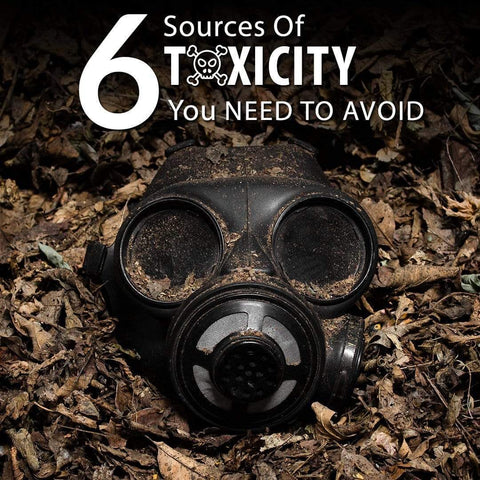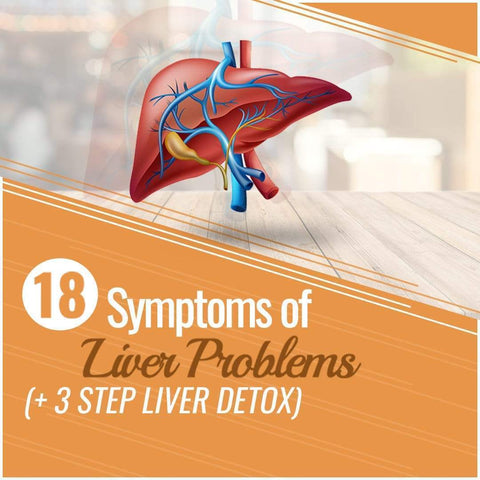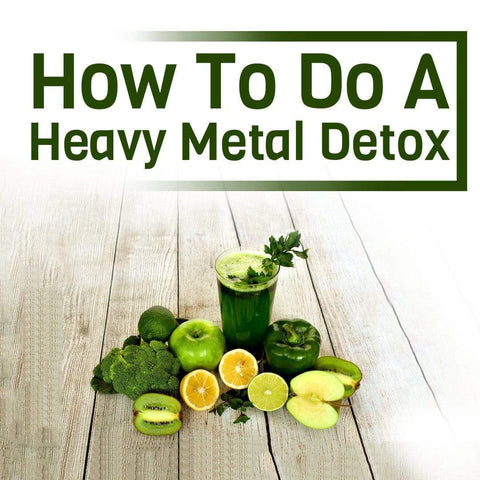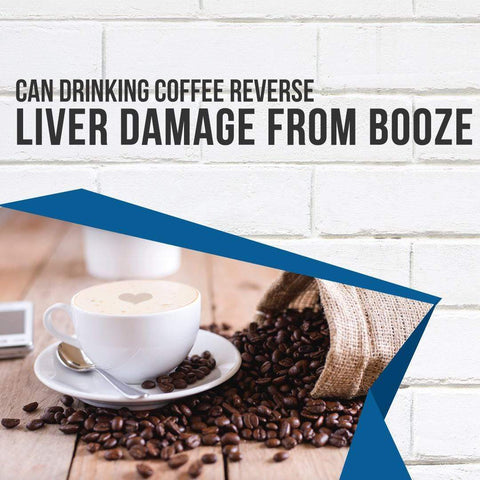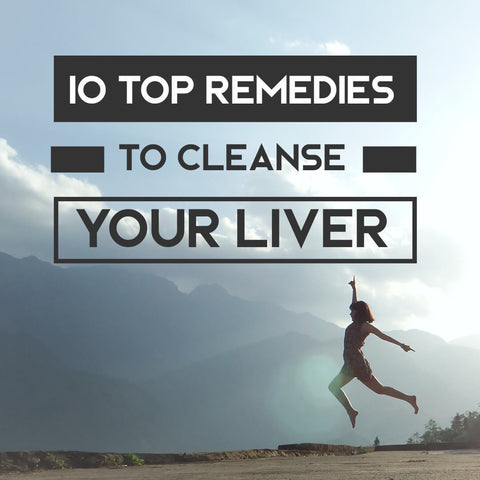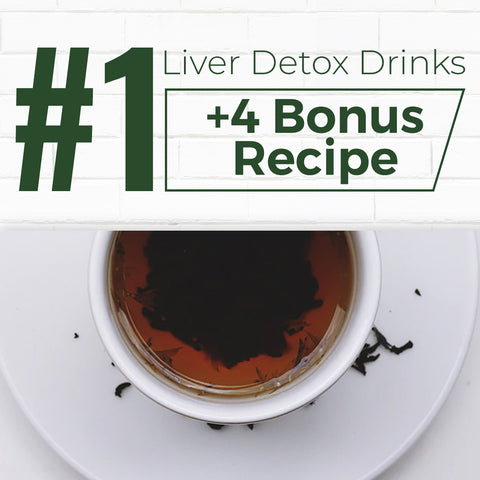
Your liver is a critical component in keeping your body in balance. A healthy liver effectively cleanses the body of toxicants (toxic substances in food, water, and air) that you come into contact with through your environment as well as toxins that your own body creates. For example, the liver flushes out excess hormones such as estrogen and unneeded metabolites produced by normal living.
Some medical textbooks claim that the liver performs nearly 500 functions in the human body! So it's no surprise that your liver affects your overall health and how you feel in a multitude of ways.
Key Point
If your liver is not functioning properly–perhaps as a result of junk food, over-consumption of alcohol and/or medications, or environmental pollution–your body will provide signals that this organ needs attention.
Here are some signs that your liver might not be performing its functions effectively:
1. Cholesterol

We often hear about the dangers of fat in our diets. This includes the fatty-like substance known as cholesterol. But don’t forget about the “good” type of cholesterol, HDL (high density lipoprotein), that can lower the amount of “bad” LDL cholesterol in your blood.
Your liver produces much of the cholesterol that your body needs. Only a small percentage of circulating cholesterol comes from the food you eat. A healthy liver will create an adequate amount of healthy cholesterol.
HDL actually absorbs LDL cholesterol and transports it back to your liver. If you don’t have enough HDL, the bad cholesterol can build up in your blood. And this “bad” LDL is known for the plaque buildup in your blood vessels.
Researchers have noted that the amount of HDL in a person’s blood who has liver disease is a good indicator of the state of the liver 1.
Researchers have noted that the amount of HDL in a person’s blood who has liver disease is a good indicator of the state of the liver 1. In fact, the lower the amount of HDL, the higher the person’s chance of premature death when given a liver disease prognosis 1. To simplify, higher HDL means you have a healthy liver.
Exclusive Bonus! Download the FREE report ‘How To Detox Your Liver & Body in 3 Simple Steps’ by clicking here.
2. Skin Issues

An unhealthy liver has been clinically correlated with “many effects on the skin” 3. Several skin diseases and even spider veins seem to be connected to liver damage 2,3.
When liver cells are inflamed and overwhelmed by toxins, there is an increased chance of developing psoriasis rashes on the skin 4. Liver cells release proinflammatory signals like cytokines or inflammation-inducing molecules into your blood, and that’s why an organ as distant from the liver as the skin can be affected 4.
It’s also thought that if your liver is overwhelmed by the toxins that it's exposed to, these toxins can build up in your body and over-activate your immune system, causing inflammation in your skin. It is certain that environmental pollution has been linked with excessive inflammation and autoimmunity disorders 5.
3. Fluctuation in Blood Sugar (Hypoglycemia or Hyperglycemia)
The liver plays a critical role in maintaining an optimal level and narrow range of glucose at all times.
The cells of your body rely primarily on glucose as their fuel. If you have blood sugar that is too low, there is a serious risk of your cells and organs malfunctioning. If your blood sugar is high, you can experience an array of troubling symptoms, resulting ins a lot of damage to your body.
Your liver stores sugar in the form of glycogen. This sugar is reserved for when your blood glucose falls to low levels. At this time, the glycogen is converted into glucose and released into the blood 6.
If your liver is sluggish or not functioning correctly, it might not produce the glucose it needs. And indeed, clinical research has shown that impaired liver function can harm glucose metabolism by interrupting the glucose-carrying hormone, insulin 7.
4. Insomnia

The correlations between insomnia and liver disease demonstrate how deeply the liver is connected with the whole body.
Researchers have noted a “high prevalence of insomnia” in people with cirrhosis of the liver 8. Scientists believe that a liver that isn’t functioning right might interrupt the circadian rhythm of the body 8. This rhythm communicates the schedule to the body when to wake up and when to go to sleep.
People with liver disease don’t release the sleep-inducing hormone melatonin early enough to get to sleep at a normal time 8.
“Sleep-related complaints and disturbances are increasingly recognized” among people with poor liver health 9. Additionally, daytime sleepiness increases with severity of liver disease 10.
Even if you don’t have diagnosed liver disease, a sluggish liver could give you less-than-optimal sleep.
5. Reduced Appetite
Unhealthy livers are known to be associated with reduced appetite 11. The liver generates an enzyme that regulates appetite (fructose-1,6-bisphosphatase) 12. If your liver is not producing enough of this enzyme, it could diminish your appetite. The liver may even affect the foods you crave 13.
6. Low Energy
The liver is a key metabolic organ, meaning that it is intricately involved in the production of energy sources for your cells 14. The liver generates glucose, fatty acids, and ketones, all of which can be used to fuel your cells 14. Thus, the liver is required to balance the energy in your body supply it with fuel.
7. Recurrence of Cold or Flu

Some researchers consider the liver to be “part of the immune system” 15. The liver is responsible for “activating” a host of immune cells and making them ready to battle the pathogens 16. If the activation of these immune cells by the liver is inefficient, the immune cells can die before the battle begins 16.
8. Autoimmune Condition
Not only is the liver crucial for detoxifying things that can exacerbate autoimmunity, the liver “facilitates a tolerance rather than immunoreactivity” 17. In other words, the liver plays a part in making sure your immune cells don’t attack your own body by presenting information to immune cells about your own tissues 17.
Treat Your Liver Right!
Poor diet and lifestyle choices, as well as everyday pollutants and toxins can have a harmful effect on your liver.
After all, it’s job is to act like one big detox factory. But sometimes it can get overloaded and could use a little help.
Help your liver perform at its best with a clean and natural detox.
Click here to download the FREE report by Nutritionist Evan Burns, which reveals how to cleanse and detox your liver in 3 steps. Yours FREE for a limited time.




